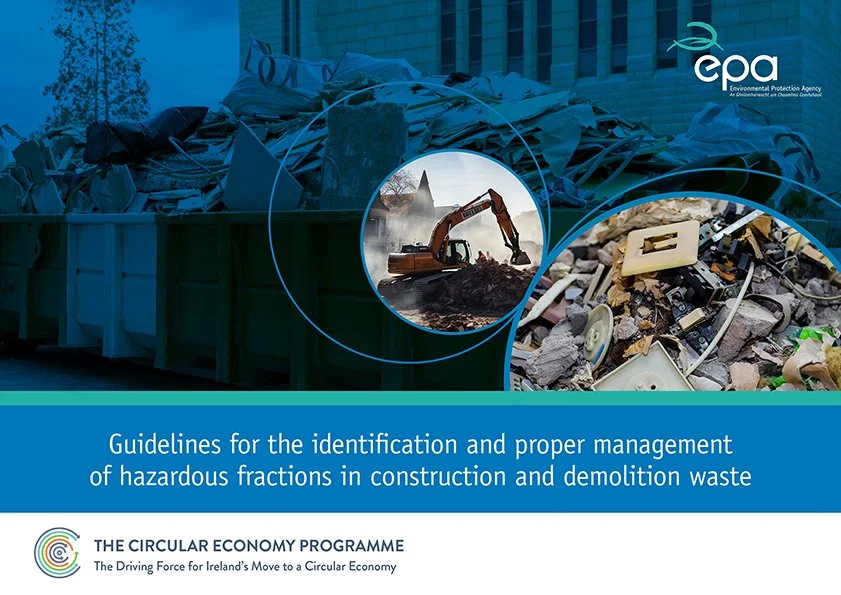How HUB360 Simplifies Compliance with Article 27 — And Why That Matters
When it comes to Ireland’s sustainability obligations, Article 27 is no longer just guidance — it’s the law. Under Circular Economy legislation, public sector bodies must prove that materials claimed as by-products (like road planings) are reused legally, cleanly, and verifiably.
So how can local authorities meet this burden of proof, especially while already juggling climate action plans, procurement policies, and high public expectations?
The answer is digital. And the solution is HUB360.
Reusing Road Planings – By-Product or Waste? Know the Difference
When it comes to milled asphalt—better known on site as blacktop—there’s a legal distinction that every local authority in Ireland needs to understand:
Is it a by-product, or is it waste?
The answer determines whether you need a waste permit, how you handle it, and whether you're exposing your council to compliance risk.
Understanding the Waste Recovery Levy: What Developers Need to Know
In 2024, the Irish government introduced new regulations known as the Circular Economy (Waste Recovery Levy) Regulations. These rules are set to significantly impact how construction and demolition (C&D) waste is handled and could bring about additional costs for developers. If you’re a developer, it's essential to understand the implications of this levy so you can manage your projects and budgets effectively.
EPA Ireland Guidelines & Circular Economy Principles in Construction - How HUB360 Facilitates Implementation
The concept of a circular economy in the construction industry focuses on reducing waste, promoting recycling, and encouraging the sustainable use of resources. Here are some key aspects that the EPAN in Ireland have emphasised in waste their management guidelines:




